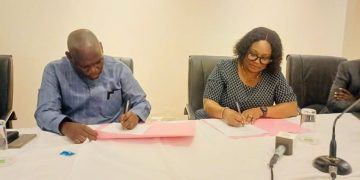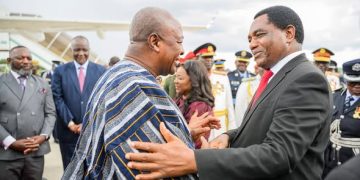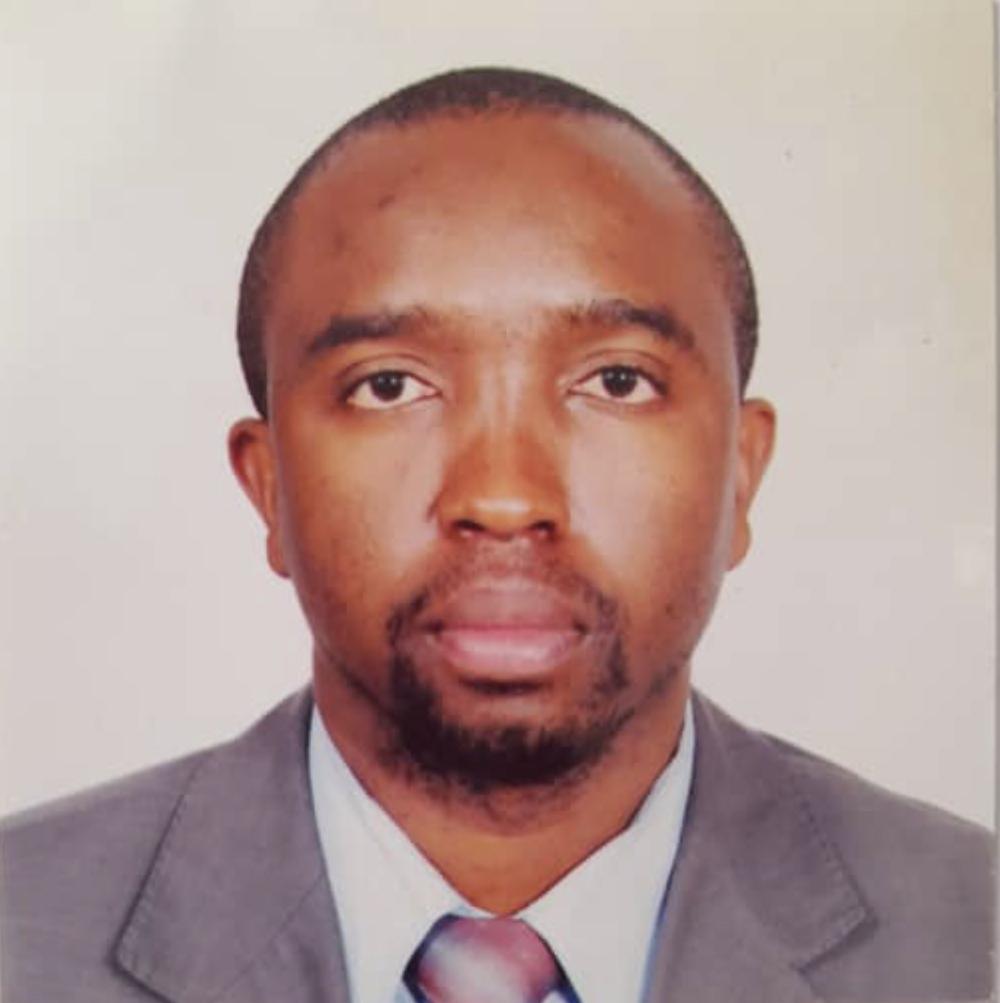By Dickson Jere
You see, in competitive sports, doping is becoming the biggest problem worldwide. Athletes resort to taking all sort of substances to help them remain competitive and have an edge in sports competitions. However, the world is becoming more and more stricter with sports doping and each country is now required to put in place National Anti-Doping Laws in sports.
Zambia is one of the countries which does not have the anti doping in sports laws as well as independent agency to dal with doping. With Zambia becoming more and more visible – champions league level – there is urgent need to get the laws in place. Currently, the National Olympic Committee of Zambia acts as a “de facto” anti-doping agency, which is inadequate given the challenges.
Today, I joined lawyers and sports administrators in working on the establishment of the first-ever National Anti Doping (NADO) framework which will lead to the passing of the Anti Doping in Sports Act in Zambia. UNESCO is providing the support to this crucial process.
At the moment, doping testing is being carried out through the regional bodies whereby athletes are subjected to tests randomly and their samples taken to authorized laboratory in South Africa. Once found wanting, athletes can be banned from sports activities, fined or have their medals withdrawn.
It is our hope that this process will eventually lead to the establishment of the Anti Doping Authority, which will deal with doping issues in sports. The authority will also be in charge of educating athletes of the dangers of doping in sports as well as create a special laboratory for testing and detecting doping. South Africa is one of the first countries in our region to have this process in place.








































